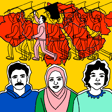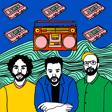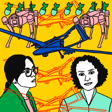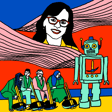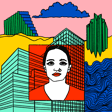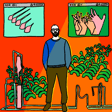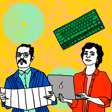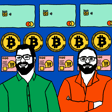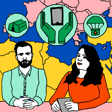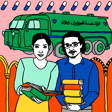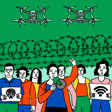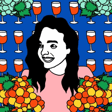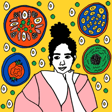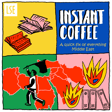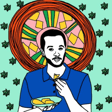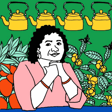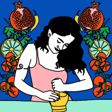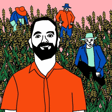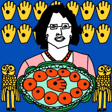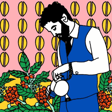
2.4 Sowing Solidarity with Vivien Sansour
On episode 4, Nadine Almanasfi speaks with artist, storyteller and conservationist Vivien Sansour. Nadine has been trying to grow her own food and vegetable in her small allotment in north London and was very excited to speak with Vivien, who advocates for seed conservation and the protection of agro-biodiversity as a cultural and political act. She is founder of the Palestine Heirloom Seed Library, an interactive arts and agriculture project attempting to record ancient seeds and their stories and put them back into people’s hands.
To learn more about Vivien and the Palestine Heirloom Seed Library, visit: https://viviensansour.com/Palestine-Heirloom
In the podcast, Vivien mentions Esiah Levy, whose legacy you can read about on the Green Conspiracy: https://thegreenconspiracy.com/esiah-levy/
To see the yakteen seed labels that Haya Kaabneh illustrated for the Hudson Valley Seed Co., visit: https://modernfarmer.com/2021/02/palestinian-seeds-come-to-america-stories-and-artwork-included/
